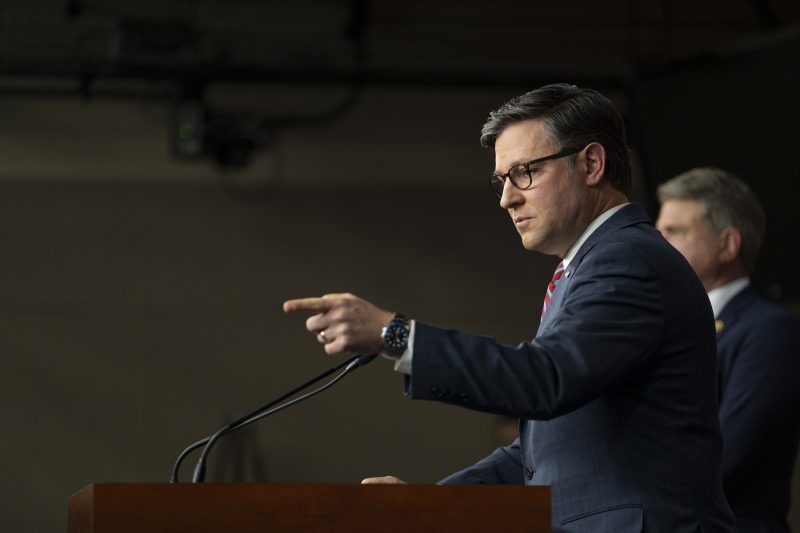House Republicans have consistently faced challenges when it comes to funding the government, despite possessing a majority in the chamber. The funding issues have led to multiple government shutdowns, creating widespread disruptions and affecting millions of Americans. Understanding the reasons behind why House Republicans struggle to manage government funding is crucial to addressing the recurrent issue and establishing a stable budgeting process. Several factors contribute to this ongoing challenge:
1. **Fiscal Priorities**: House Republicans often prioritize reducing government spending and upholding fiscal conservatism. While this approach resonates with their base and aligns with their political ideology, it can clash with the needs of various government agencies and programs that require adequate funding to operate effectively. Balancing fiscal responsibility with the essential functions of government is a delicate task that House Republicans have struggled to navigate effectively.
2. **Partisan Politics**: The political divide between Republicans and Democrats further complicates the funding process. Ongoing partisan battles over key issues, such as healthcare, immigration, and border security, frequently stall budget negotiations. The House Republicans’ inability to reach bipartisan consensus on crucial funding bills has led to stalemates and impeded the smooth functioning of the government.
3. **Internal Disputes**: Disagreements within the Republican Party itself can obstruct the passage of funding legislation. Intra-party divisions on policy priorities, spending levels, and legislative strategies have resulted in internal conflicts that spill over into the budgeting process. Ideological differences among House Republicans can hinder their ability to present a unified front and negotiate effectively with opposition party members.
4. **Short-term Funding Fixes**: House Republicans have resorted to short-term funding measures, such as continuing resolutions, to keep the government operational temporarily. While these short-term solutions prevent immediate shutdowns, they contribute to uncertainty and undermine long-term planning and budget stability. Relying on stopgap funding measures perpetuates the cycle of last-minute budget negotiations and fails to address the underlying root causes of the funding challenges.
5. **Lobbying Influence**: The influence of special interest groups and lobbyists can sway House Republicans’ decisions on funding priorities. Pressure from lobbying efforts aimed at protecting specific programs or industries may lead to skewed budget allocations that do not always align with the broader public interest. Balancing the demands of various interest groups while staying committed to the overall welfare of the nation presents a significant challenge for House Republicans.
In conclusion, the persisting struggle of House Republicans to manage government funding stems from a combination of fiscal priorities, partisan dynamics, internal disputes, reliance on short-term fixes, and lobbying influences. Addressing these underlying issues requires a concerted effort to foster bipartisan cooperation, prioritize long-term planning over short-term solutions, and resist external pressures that may compromise the integrity of the budgeting process. By tackling these challenges head-on, House Republicans can work towards establishing a more stable and effective system for funding the government.

